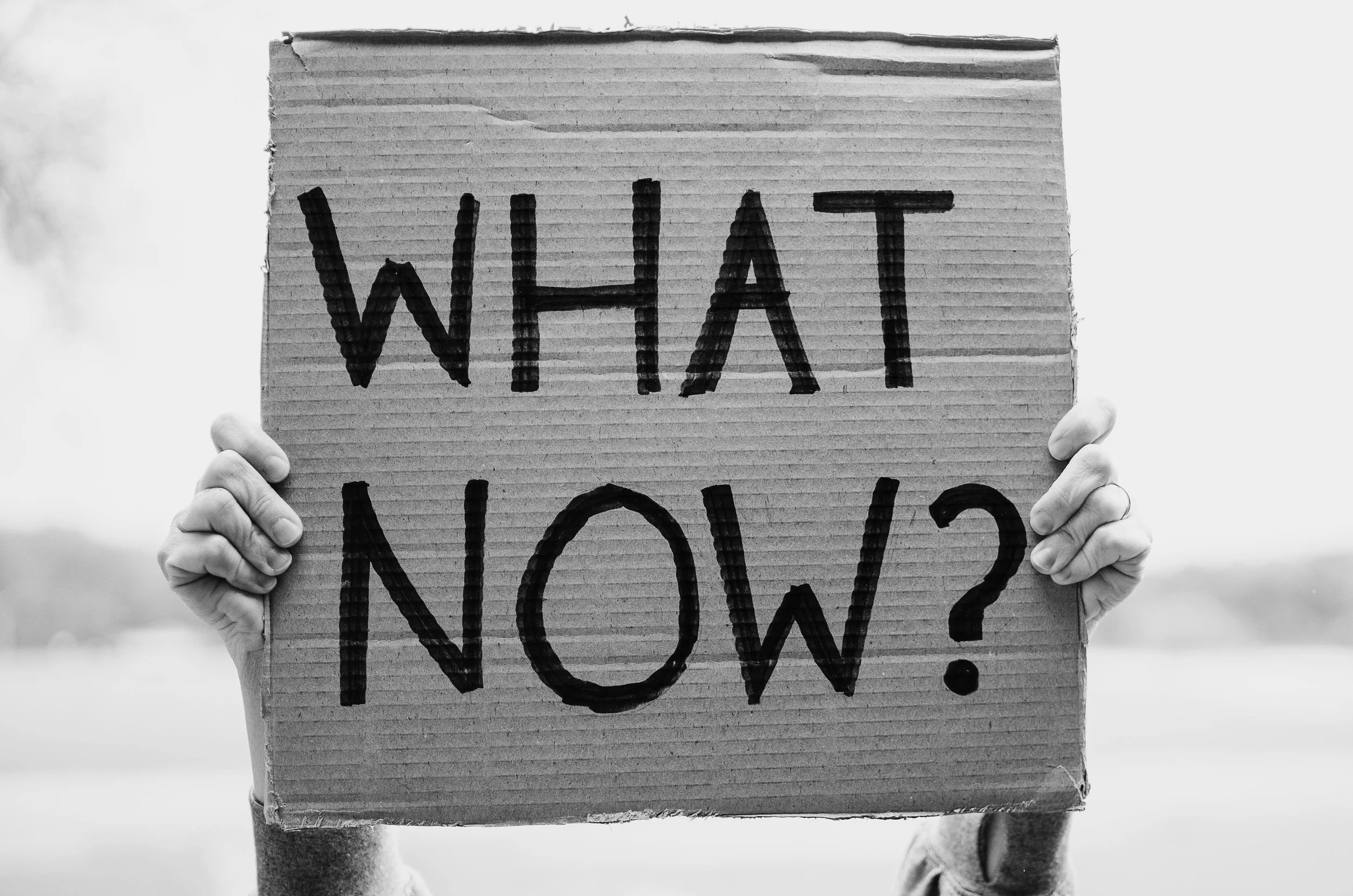Neutralizing Choices: Moving Away from Right vs. Wrong Thinking
By Jen Kost, MSW, LCSW, PMH-C
As a therapist, one of the most common struggles I hear from clients is how hard they are on themselves when it comes to making decisions. The pressure to make the “right” choice can feel overwhelming. What if I pick the wrong job? What if I choose the wrong parenting philosophy? What if I regret this? These questions weigh heavily, creating stress and self-doubt.
What can be freeing to remember is that most of our everyday choices are not moral ones. They are not about being good or bad, right or wrong. More often, they are about doing the best you can with the information and resources you have at that time. Unless a choice involves harming yourself or someone else, it is usually much more neutral than it feels.
Choices can be thought of as stepping stones. Each one carries you forward, helping you gather information and experience. If something does not unfold the way you hoped, you can make another choice. No single decision has to define you. Instead, each becomes part of the larger path you are creating as you learn more about yourself.
When you begin to see decisions in this way, it opens the door to curiosity instead of judgment. Rather than asking “What if this is the wrong choice?” you might try asking “What can I learn from this choice?” That simple shift creates space for self-compassion and growth instead of harsh self-criticism.
At the same time, it is important to acknowledge that some decisions do carry more weight. The fear of making a wrong choice can come from real experiences of instability, trauma, or systemic pressures where the stakes were genuinely high. Not everyone has the privilege of treating choices as neutral, especially when financial stability, opportunities, or safety are on the line. For some, anxiety around decision-making is not simply overthinking but a reflection of lived reality.
Holding both perspectives can be powerful. Many choices are more neutral than they first appear, and approaching them with curiosity can bring relief and ease. Other choices require more careful thought and deserve to be met with patience and compassion. Both truths can exist at once. You can give yourself permission to release perfectionism around everyday decisions while also respecting the significance of choices that carry greater impact.
Life is made up of decisions that layer together over time, shaping the story of who you are becoming. When you allow yourself to neutralize the smaller choices, you create more space for resilience, exploration, and trust in yourself. And when a more significant decision comes along, you can approach it with clarity, compassion, and confidence that no single choice will ever define your whole journey.
Because in the end, you are not simply making choices, you are learning, growing, and becoming through them all.

